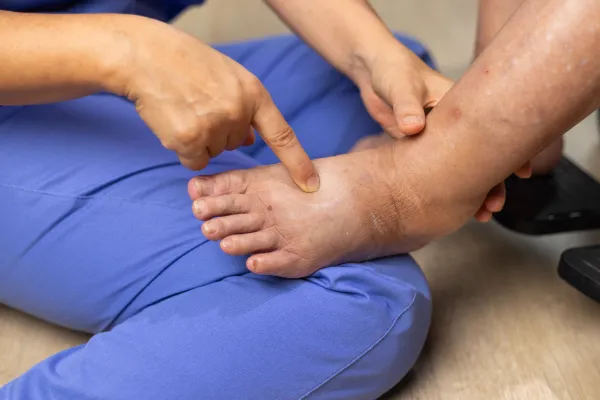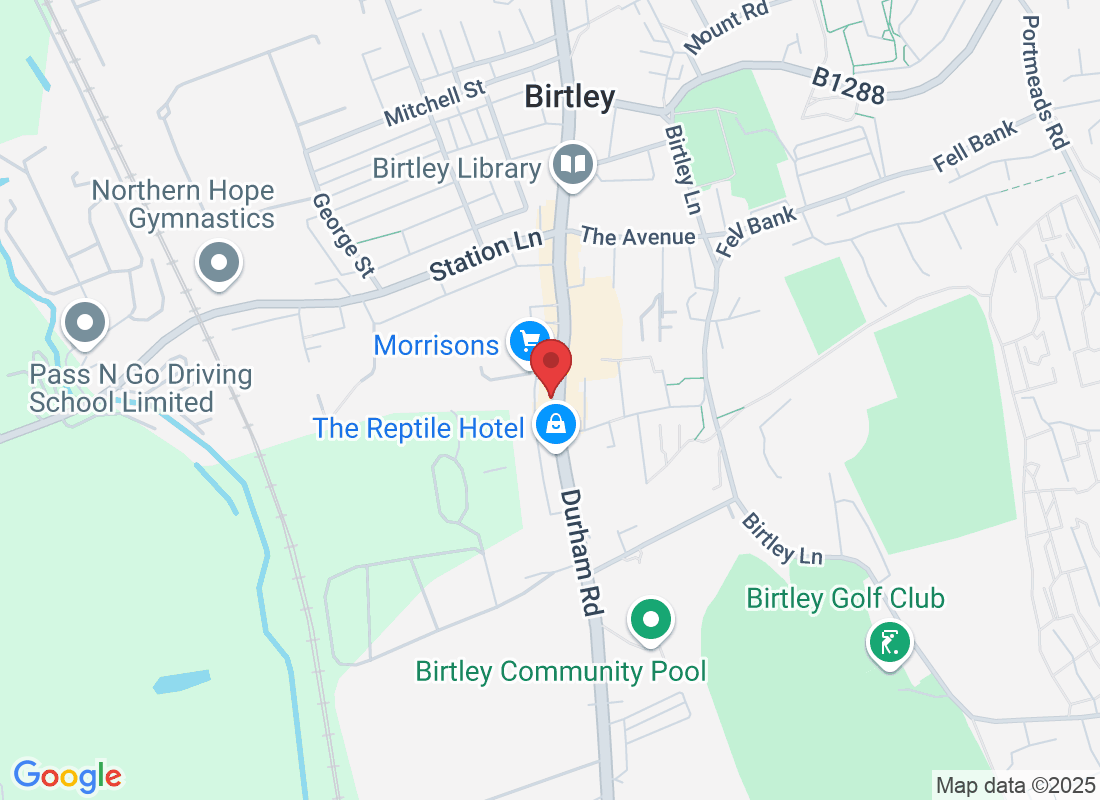
If Your Diabetes Affects Your Feet, This Could Make Life Easier
Have you noticed any changes in your feet lately?
Maybe your feet feel a little numb sometimes, or perhaps a small cut takes longer than usual to heal. If you have diabetes, these might not just be random problems — they could be your body’s way of waving a red flag.
Foot issues are one of the most common — and often overlooked — side effects of diabetes. But here’s the good news: with the right care and a few simple habits, looking after your feet doesn’t have to be stressful. In fact, it can make life a whole lot easier.
Let’s explore what’s going on and what you can do to protect your feet and your independence.
Why Diabetes Affects Your Feet
Diabetes can cause damage to both your nerves and blood vessels over time. This means two things for your feet:
You might lose some feeling — this is called peripheral neuropathy. You may not notice when you’ve got a blister, cut or sore spot.
Wounds heal more slowly — poor circulation means even a small injury can become serious if it’s not treated quickly.
This is why foot care is so important for people with diabetes. What seems minor at first can turn into something major if ignored.
Here’s What Can Make Life Easier
1. Daily Checks (Yes, Every Day!)
Checking your feet each day might sound like a chore, but it takes less than two minutes and can prevent big problems later on.
Look for:
Redness or swelling
Cuts, blisters or sores
Dry or cracked skin
Any change in colour or shape
Areas that feel too hot or too cold
If you find anything unusual, don’t wait — get it checked out.
💡Tip: Can’t see the bottoms of your feet easily? Use a handheld mirror or ask someone you trust to help.
2. Choose Socks and Shoes That Work With You
Comfortable, well-fitting footwear is a game-changer. Shoes that rub, pinch or don’t support your feet properly can lead to pressure points and injuries.
What to look for:
Smooth inner linings (no seams or stitching that can rub)
Enough room for toes to wiggle
Cushioned soles with arch support
Diabetic-friendly socks are also worth a look — they help reduce pressure and moisture, and many are made without tight elastic that can restrict circulation.
3. Clean, Dry, and Moisturise — The Magic Trio
Your feet don’t need fancy products — just regular TLC.
Wash daily with warm (not hot) water and mild soap
Dry thoroughly, especially between your toes
Apply moisturiser to prevent dry, cracked skin — but not between the toes
Cracks or broken skin are an easy way for bacteria to sneak in, so keeping skin healthy and strong makes a big difference.
4. See a Foot Specialist Regularly (Not Just When It Hurts)
A regular check-up with a diabetic foot care specialist in Gateshead can catch early signs of trouble before they become serious.
These appointments can include:
Nail care (especially if thick or difficult to cut)
Removal of hard skin or corns
Checking circulation and sensation
Advice on the best footwear for your needs
Many people wait until they’re in pain — but with diabetes, pain isn’t always a good early warning sign. That’s why regular visits are one of the best things you can do to stay ahead of the game.
5. Don’t Play Podiatrist at Home
Tempted to cut that awkward bit of nail or file down a callus yourself? It’s best not to. One wrong move can cause a cut or wound that might not heal properly.
Leave anything tricky — like thick nails, corns, or calluses — to the pros. A trained podiatrist in Gateshead has the right tools and knows how to care for diabetic feet safely.
What If You Already Have a Foot Problem?
Don’t panic — just act quickly. Whether it’s a sore that won’t heal, an ingrown toenail, or something just “doesn’t feel right,” seek help as soon as possible. The sooner treatment starts, the faster things usually improve.
Make Foot Care Part of Your Daily Routine
It doesn’t need to be complicated. Just like brushing your teeth or taking medication, checking your feet and giving them a bit of care can become second nature.
Remember:
Small steps can prevent big problems
Regular visits can help you stay one step ahead
Your feet work hard for you — give them the attention they deserve
And most importantly — you don’t have to do it alone. There’s expert help available nearby, ready to support you with diabetic foot care that’s tailored to you.
Need help managing your diabetic foot health?
Whether you need a quick check-up or ongoing care, visiting a local foot clinic in Gateshead can give you peace of mind and help keep you active, independent, and comfortable.



